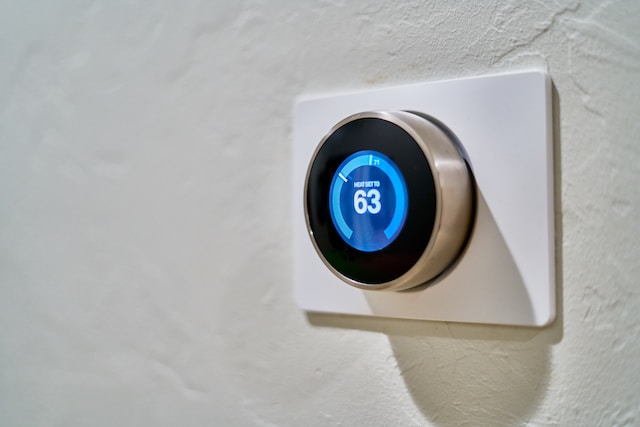Advances in Smart Home Technology
Home technology has undergone a remarkable evolution over the past few decades, transforming the way people live, work, and interact within their domestic spaces. From the introduction of basic appliances to the integration of smart systems and artificial intelligence, the improvement in home technology has been nothing short of revolutionary.
Smart Home Devices: Enhancing Comfort and Efficiency
One of the most notable advancements is the rise of smart home devices. These devices, equipped with internet connectivity and often controlled through mobile applications, allow homeowners to remotely manage various aspects of their homes. Thermostats, for instance, have evolved from manual dials to programmable units and now to smart thermostats that learn users' preferences and adjust temperatures automatically. These smart designs also often provide the user with a touchscreen thermostat, so they not only get something efficient but also something very easy to utilize.
This enhances comfort and contributes to energy savings by optimizing heating and cooling cycles.
Entertainment Evolution: The Smart TV and Beyond
Entertainment systems have also witnessed a significant transformation. The clunky CRT televisions of the past have been replaced by ultra-high-definition (UHD) smart TVs that offer stunning visuals and seamless integration with streaming platforms. Home theater systems have become more accessible, delivering immersive audio experiences that rival traditional movie theaters. With voice commands and intuitive interfaces, users can effortlessly navigate through content and control their entertainment environments.
Security Reinvented: Technology's Impact on Home Safety
Home security has been revolutionized by technology as well. Traditional locks have given way to smart locks that can be remotely controlled via smartphones, allowing homeowners to grant access to visitors even when they're not at home. Security cameras have become smarter and more sophisticated, featuring high-resolution footage, night vision capabilities, and even facial recognition. These advancements have contributed to making homes safer and more secure.
Culinary Innovation: The Smart Kitchen
The kitchen, often considered the heart of a home, has not been left behind in the tech revolution. Smart kitchen appliances like refrigerators with touch screens and cameras that let you see inside while shopping and ovens that can be preheated remotely have streamlined cooking and grocery management. These innovations not only save time but also help in reducing food waste and optimizing meal planning.
Voice-Activated Assistants: Central Hubs for Connectivity
Another remarkable improvement is the emergence of voice-activated assistants. These devices, such as Amazon Echo and Google Home, have become central hubs for smart homes. They can control various devices, answer questions, set reminders, and even provide weather forecasts or news updates with just a voice command. This seamless integration of AI and smart home technology has created a more intuitive and connected living environment.
Energy Efficiency at the Forefront
Energy efficiency has become a key focus of home technology improvement. Smart lighting systems, equipped with LED bulbs and controllable through apps, allow users to adjust brightness and color temperature, creating ambiance and saving energy simultaneously. Additionally, solar panels and home battery systems have gained popularity, enabling homeowners to generate their own clean energy and potentially reduce their reliance on the grid.
The Power of IoT: Enhanced Automation and Convenience
The concept of the Internet of Things (IoT) has enabled various home devices to communicate with each other, leading to enhanced automation and convenience. For instance, when a smart doorbell detects motion, it can trigger the lights to turn on automatically, or a smart thermostat can adjust the temperature based on the number of occupants in the house. All of this can highly benefit a homeowner.

